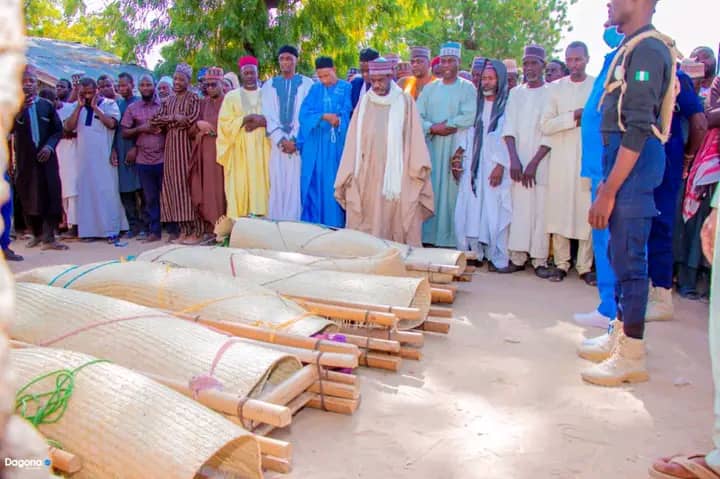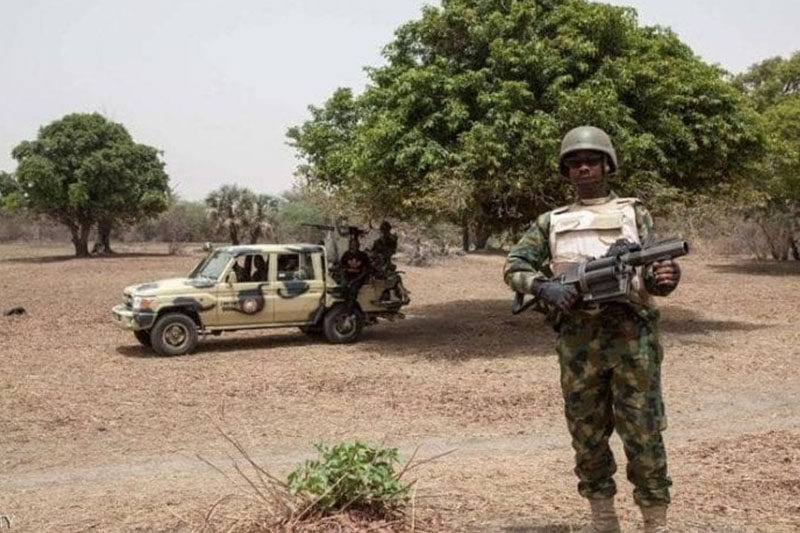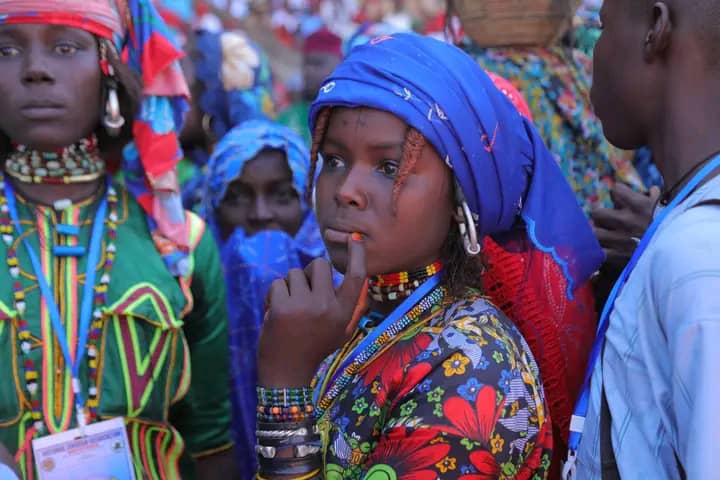The president of Chad, Idriss Déby, has died of injuries suffered while visiting troops on the frontline of a fight against rebels in the Sahel country’s north.
Azem Bermendao Agouna, an army spokesman, announced his death in a broadcast on state television on Tuesday, saying Déby, 68, “has just breathed his last defending the sovereign nation on the battlefield”.
Some foreign observers suggested his death cast doubt on his protective guard, or that the country’s military had underestimated the threat the rebels posed, Sky News reported.
It quoted Laith Alkhouri, a global intelligence adviser, as saying: “It raises concerns regarding the security forces’ assessment of the clashes and their intelligence regarding the severity of the situation.”
Aljazeera reported that General Mahamat Kaka, otherwise known as Mahamat Idriss Déby Itno, the son of Idriss, had been named interim head of state.
The 37-year-old would head an 18-month transitional council made up of military officers, Agouna said in the television broadcast. “Free and democratic” elections would be held when the transitional period was over.
The government and parliament have been dissolved, a curfew has been imposed from 6pm to 5am and the borders have been shut.
The news of his death came a day after Déby, who came to power in a rebellion in 1990 and was one of Africa’s longest-ruling leaders, won a sixth term, as per provisional results released on Monday. Déby took 79.3% of the vote in the April 11 presidential election, Aljazeera said.
Déby was expected to give a victory speech after receiving the provisional results, but opted instead to visit Chadian soldiers on the frontlines, his campaign director, Mahamat Zen Bada, told The Africa Report.
According to one report, the soldiers were attacked by militants from the Front pour l’Alternance et la Concorde au Tchad (Front for Change and Concord in Chad) who had arrived from their base in Libya and had entered Chadian soil on April 11. Their stated goal was to rid the country of Déby’s 31 years of power.
Agouna said the military had been pushed back by a column of insurgents who were advancing on the capital, N’Djamena.
He told Reuters news agency that army troops had killed more than 300 fighters and captured 150 on Saturday in Kanem province.
Five government soldiers were killed and 36 were injured, he said.
The exact cause of his death could not immediately be independently confirmed due to the remote location, but the military said he had taken “the heroic lead in combat operations against terrorists who had come from Libya”, Reuters said.
Mahamat Mahadi Ali, the rebel leader, told Radio-France Internationale, that Déby attended the battle on Sunday (April 18), where fighting was taking place in the centre-west of the country, near Nokou in Kanem.
Déby was reportedly wounded on the battlefield on Sunday and was flown 400km to N’Djamena by helicopter.
A former army commander-in-chief, Déby came to power in 1990 when his rebel forces overthrew then-president Hissène Habré, who was later convicted of human rights abuses at an international tribunal in Senegal.
Déby had survived numerous armed rebellions and managed to stay in power until this latest insurgency, a Reuters report said.
It said Déby had pushed through a new constitution in 2018 that would have allowed him to stay in power until 2033. He reportedly said before the election: “I know in advance that I will win, as I have done for the last 30 years.”
A Reuters reporter in N’Djamena said people were in a panic as news of his death spread, fearing that fighting could break out in the city. Many were fleeing to the outskirts and roads were jammed with traffic.
A regional diplomat told Reuters that naming of Déby’s son as interim president was problematical as the speaker of parliament should have taken power on his death.
“That in itself is a coup,” the diplomat told Reuters. “He has been grooming the son for some time.”








